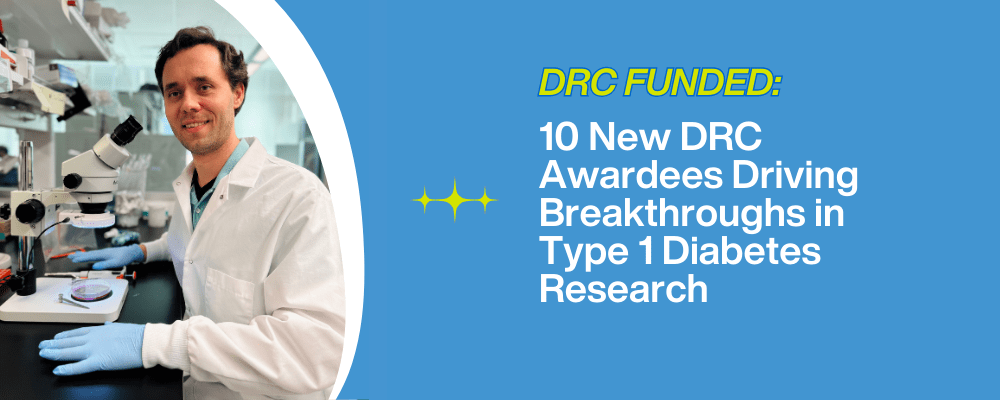Pancreatic beta-cells play an important role in producing, distributing, and regulating insulin throughout the body. When these cells become damaged or are destroyed, it can lead to the development of type 1 diabetes (T1D). Patients with T1D must monitor their blood glucose levels and insulin administration since their body is no longer able to do it on its own effectively.
A recent study found that SARS-CoV-2 does infect pancreatic beta cells, and it can interfere with insulin secretion, affecting blood glucose levels. In addition, the virus can trigger the signaling of beta-cell death, also known as apoptosis. NRP1 inhibition may be effective in protecting these cells.
The Diabetes Research Connection (DRC) is interested in seeing what further studies reveal potential links between COVID-19 and type 1 diabetes. This research may play an important role in future health initiatives to protect patients with T1D and preserve pancreatic beta cells.
Funding diabetes research is essential as this disease affects millions of people around the world. The DRC provides critical funding to early-career scientists focused on T1D research. To learn more about current projects and how to help, visit http://localhost/drc.
Please DONATE NOW so DRC can keep bringing you credible, peer-reviewed T1D news and research.
Thank you.




